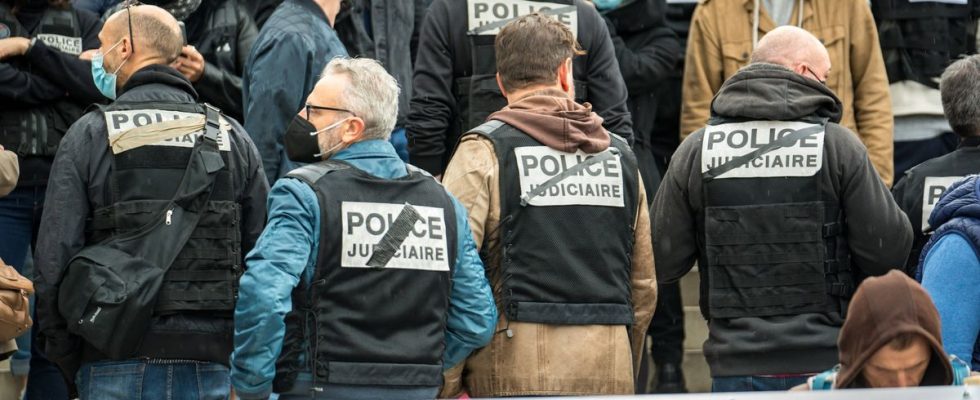Despite opposition from police investigators and magistrates, Gérald Darmanin continues to implement his contested police reform. The Minister of the Interior appointed the zonal directors on Tuesday, AFP learned on Wednesday from the national police. Six zonal directors of the national police (DZPN) have been appointed, following the same territorial division as the defense and security zones.
The choices reflect the desire to achieve a clever balance between public security, judicial police (PJ) and border police (PAF). Public security, which the PJ fears will take precedence over their investigations with the reform, remains the best represented with three future DZPNs from it.
Distribution of positions
Jean-Cyrille Reymond, current head of public security in Haute-Garonne, is thus appointed DZPN in Bordeaux and the current head of public security in the South West, Patrick Mairesse, takes over as head of the DZPN in Metz. Finally, the zonal director of public security in Hauts-de-France, Jean-François Papineau, is sent to the DZPN in Rennes.
The PJ obtained two posts, that of Lyon with Commissioner Béatrice Brun, who headed the judicial police for the eastern zone, and that of Marseilles with Commissioner Christophe Allain, current head of the south-eastern zone of the PJ in Lyon. The PAF gets the last ticket with commissioner Valérie Maureille, who currently leads the police at the borders of the south-west zone in Bordeaux and will take the reins of the DZPN in the north in Lille.
A risk of “leveling down”, according to opponents
The future reform of the national police provides for the establishment of a departmental director of the national police (DDPN), answerable to the prefect, who will have authority over all the police services of a department: intelligence, public security, police borders (PAF) and PJ. The appointment of future DDPNs is scheduled between October and December, according to the calendar of the Ministry of the Interior.
Opponents of the project, mobilized for months, denounce the risk of a “leveling down” of the PJ sector, which would integrate the public security investigation services weighed down by a huge stock of outstanding cases, as well as than a weight of the prefect in the investigations.
In a report, the Senate asked Gérald Darmanin to postpone the application of the reform after the Olympic Games-2024, but the minister decided to maintain the calendar at the end of 2023, despite the revolt internally and in the judicial world. Hundreds of police officers, magistrates and lawyers gathered again on March 16 throughout France to denounce the reform project.

